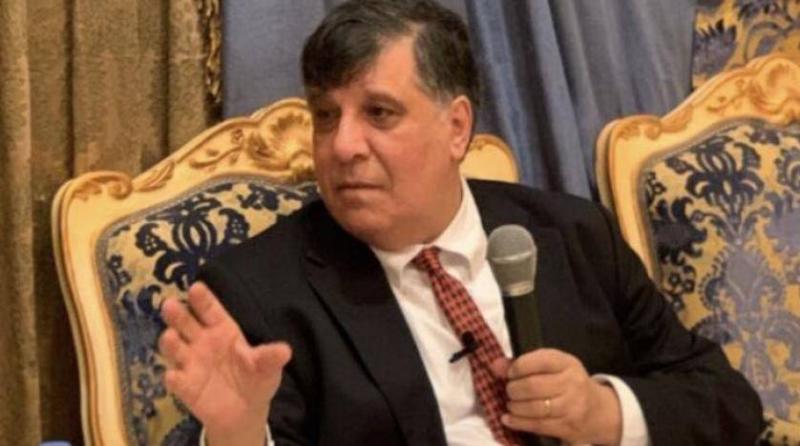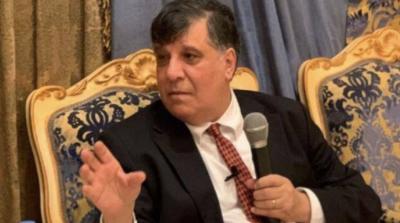The Asharq Al-Awsat newspaper published a list of individuals who were granted Saudi citizenship following royal approval on Thursday. The list includes several prominent names in the cultural and intellectual fields, who have made significant contributions to supporting local cultural movements through various productions, efforts, and quality publications. Among them are the calligrapher, the world-renowned calligrapher of the Kaaba's covering and the chief calligrapher of Mecca; historian Dr. Amin Sidou; researcher Dr. Mohammed Al-Buqai; historian Dr. Abdul Kareem Al-Samak; and Samaan Al-Ani, one of the leading figures in theatrical directing.
The list of those granted Saudi citizenship also featured numerous competencies in religious, historical, medical, educational, investment, digital technology, and sports sectors. Asharq Al-Awsat presents in this report the biographies of some notable figures who received royal approval for Saudi citizenship.
**Dr. Amin Sidou**
Sidou has made significant scientific and research efforts, enriching local cultural movements with over thirty published works that document the lives of prominent figures in Saudi culture, thought, and literature. He excelled in bibliographic studies and produced works in this field. He also worked at the King Fahd National Library, serving as editor-in-chief of its magazine, and conducted a bibliometric study and bibliographic catalog about "Saudis and the Science of Libraries and Information."
**Dr. Mohammed Al-Buqai**
A researcher, editor, and translator, Al-Buqai has authored about 40 works across various fields, notably in historical and critical studies and translation. He served as a professor of linguistic studies and critical literature at several academic institutions, including King Saud University in Riyadh. He currently works at the King Salman Center for Historical Studies of the Arabian Peninsula, relying on a rich legacy of research in publications related to the history of the Arabian Peninsula and the Saudi state. In 2018, he received the King Abdullah bin Abdulaziz International Prize for Translation in its ninth cycle for his contributions in the "Individuals' Efforts" category.
**Dr. Abdul Kareem Al-Samak**
Historian Dr. Abdul Kareem Ibrahim Al-Samak holds a PhD in modern and contemporary history. He has lived nearly half a century in Saudi Arabia, where he focused on publishing biographies of key figures from the state’s founding period, particularly Arabs who worked with King Abdulaziz. He took an interest in the journalist and historian Amin Saeed's works and published many of his books that concentrated on the Saudi state, as well as the archives of his magazine (The Near East), which serves as a primary source on the history of the Kingdom of Hijaz and Najd and its annexes, due to its contemporaneity with the unification of the Kingdom. He compiled this research into a two-volume book, adding a valuable and rare work to the library of Saudi history in the modern state.
**Samaan Al-Ani**
A pioneer in theatrical directing in Saudi Arabia, Al-Ani was one of the first directors to join Saudi theater since the 1970s after graduating from the theater department in Baghdad and moving to Saudi Arabia. From the play "Train of Fortune," which he directed as one of the first nearly Saudi theatrical works, began his journey of contribution and attachment to the Saudi artistic and cultural space. He presented numerous theatrical works and participated in various international theater festivals, guiding many Saudi actors.
**Mukhtar Alam**
The calligrapher of the Kaaba covering and chief calligrapher of Mecca, Alam currently works at the Kaaba covering factory. He has participated with his works in international exhibitions and global conferences, providing lessons and workshops in calligraphy skills. A memorandum by him on Ruq'ah script is studied at the Grand Mosque Institute, and he worked as a calligrapher for diploma, master's, and doctoral certificates at Umm Al-Qura University for two years in the mid-1990s. His works have been acquired by various political leaders and displayed in several public institutions, winning awards and certificates of appreciation from different entities.




